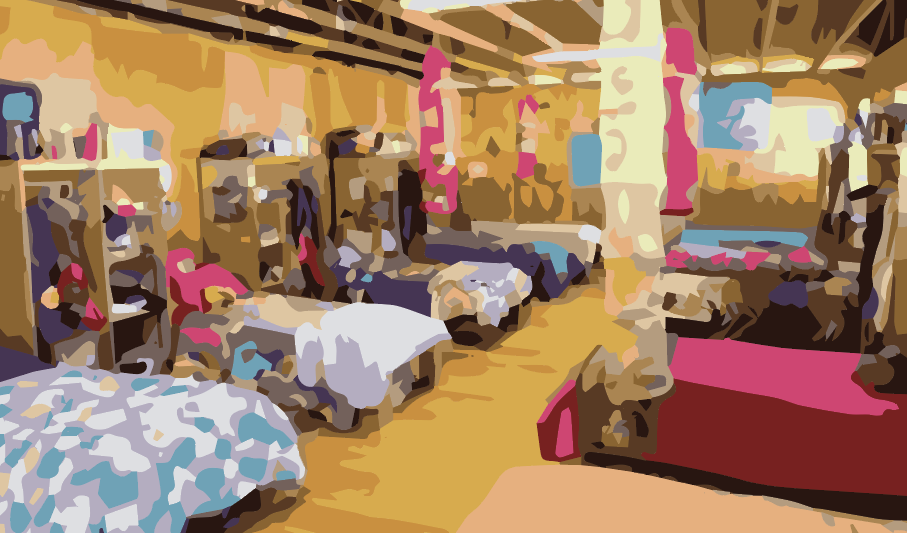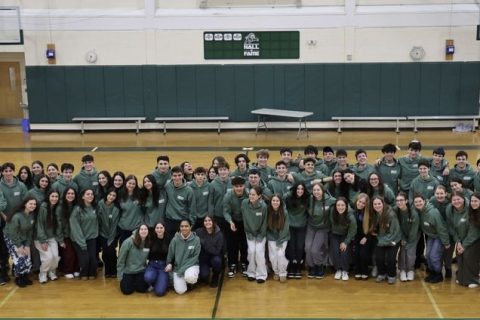by Aliza Sapiro Polishook

Throughout this school year, many students have been plagued with a looming question: will their camp be open this summer? Fear not. For most students, the answer is yes!
Last year, many camps were closed due to the severity of the pandemic. Most sleepaway camps did not open because they could not ensure their campers a safe summer if they attended.
“I wasn’t happy about it, but I understood why we didn’t have camp,” freshman Max Butterfass said. “Because of the situation, it was just too dangerous.”
This year, many camps are putting restrictions in place to address the risks of COVID-19. Camp Tel Yehuda, a Jewish sleepaway camp in New York, plans to create pods of two, three or four bunks who will participate in activities together such as eating, praying, learning or sharing indoor spaces. If no COVID-19 cases arise after the first 10 days, cross-pod interaction will be allowed and pods may participate in activities together, provided they maintain social distancing.
“Tel Yehuda, the camp I go to, also has this rule called the two-out-of-three rule,” freshman Raya Sulman said. “It dictates that during cross-pod interactions you have to follow two-out-of-three of the following guidelines: being masked, being outside and being socially distanced.”
Both Camp Yavneh and Camp Ramah in the Rockies are requiring campers and staff to receive a negative PCR test a few days before camp, another PCR test upon arrival and one more PCR test five days after arrival. Additionally, both are limiting full-camp activities during the first two weeks of camp, including some changes to the normal Shabbat schedule that each camp follows.
“I’m kind of upset about the changes,” freshman Abby Farca said. “I usually like camp, but now it’s going to be different and I won’t get the chance to do everything I wanted to do.”
Butterfass attends Camp Micah, a sleepaway camp in Maine. Camp Micah plans to continue organizing trips outside of camp, but only in a manner that is guaranteed to minimize exposure to COVID-19.
“I don’t think camp will be much different this summer,” Butterfass said. “Besides for the fact that the whole camp won’t be eating together in one dining hall.”
Despite all the restrictions that camps are putting in place, campers are still excited to be attending camp this summer.
“It’s better than the alternative of not going to camp at all,” Butterfass said. “I’d rather go and not be able to do everything I would normally do than not go at all.”
Campers realize the severity of COVID-19 and understand that the restrictions being placed on them by their camps are to their benefit and for their safety.
“Looking at it now, it looks like it’s going to change the camp experience a lot,” Sulman said. “But obviously, I don’t want to get COVID at camp and I don’t want COVID to spread so I think these rules are good and I’m happy that they’re putting them in place.”




